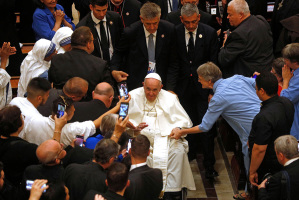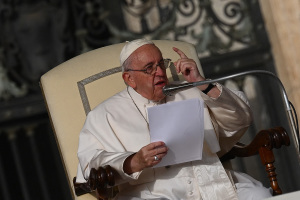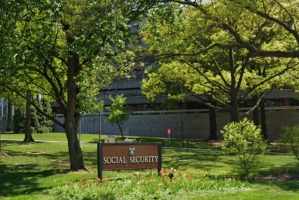What it Means to Be Anglican in the 21st Century
Heightened controversies mainly around homosexuality in the Anglican Communion have forced the worldwide denomination to address more deeply what it means to be Anglican in the 21st century.
"To speak of Anglicanism today, either as a church tradition or as an ecclesial communion, is to speak of one of the most vibrant and unstable expressions of Christianity within the world," said the Most Rev. Drexel Gomez, archbishop of the West Indies.
The Anglican Communion is the third largest Christian body in the world with around 77 million members. Many, however, predict a breakup as the Communion's U.S. wing - the Episcopal Church - shows no sign of pledging not to consecrate another gay bishop, as it did in 2003.
The homosexual debate among Anglican churches has gone on for decades. And conservative leaders say the Episcopal Church has departed from Anglican tradition and scriptural authority. But Gomez says the gay debate is only "the tip of the iceberg."
"The deeper issue is, in reality, a test of the nature of our communion and interdependence."
Some say the Episcopal Church would choose autonomy over interdependence.
"In the past, the Episcopal Church has stressed its autonomy with little to no regard for the rest of the Anglican Communion," said Ralph Webb, director of Anglican Action for the Institute on Religion and Democracy, in a statement last month. "Sadly, its actions to date suggest that if push comes to shove, it will choose independence over fellowship."
While the Episcopal House of Bishops expressed desire to remain a part of the Anglican Communion, it reaffirmed the U.S. church's stance on the "full inclusion" of gays, lesbians, bisexuals and transgender persons earlier this month. Episcopal leaders are expected to respond to the Primates (Anglican leaders)' moratorium on the consecration of homosexuals and the blessing of same-sex unions in a September meeting. Their deadline to respond is Sept. 30.
The challenges in the Communion point to the question of Anglican identity.
"One of the problems that has been faced as the Communion has developed is its lack of an explicitly stated self-understanding of what it means to be Anglican and what it means to recognize others as Anglican and live in interdependent, mutually accountable communion with one another as part of the one, holy, catholic and apostolic church," said Gomez, adding that there is a lack of agreed and stated principles of what it means to be interdependent.
Alluding to the growth of plural identities, often in contrast to one another, within and among Anglican churches, Gomez warned that there is a danger of having "a collection of culturally limited churches and perspectives and theologies." He urged churches to give up the cultural captivities.
"The idea of communion, however, is a multiple series of learnings and giving ways," he said, urging churches to submit to one another in a way that makes for deep mutual commitment.
As Anglicans look for a way forward, the Anglican Covenant is currently in progress to articulate the identity of the Anglican Communion. The covenant is meant to articulate and clarify the common faith of Anglicans and to "hold together and strengthen the life of the Communion."
At the heart of Anglican identity is "the global, missionary and ecclesial vision of Anglicanism" to witness effectively in all the world, Gomez indicated. And the covenant seeks to express that, he noted.





























